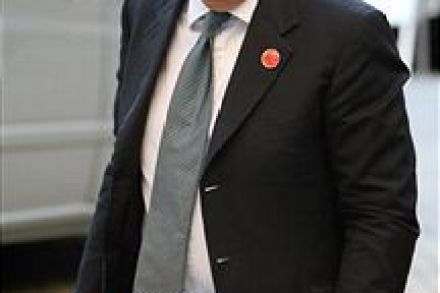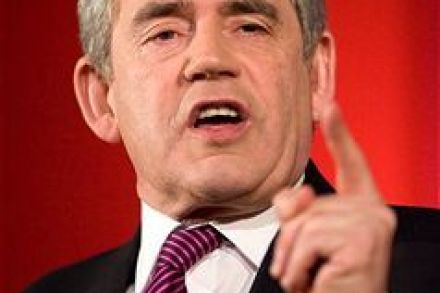Brown’s survival instincts
Alas, and most reluctantly, you’ve got to hand it to Brown: he’s a scrapper. Just watching coverage of his speech in Bradford now, and he seems to be on punchy form. The message is stridently negative, of course. And he has entrenched himself, as David noted earlier, back behind the old “investment vs cuts” line (although now he calls it “selfish individiualism over public investment”). But this is clearly where the PM is happiest and at his most comfortable. Aggressive clunk is simply what he does best. The question hanging over the dying stages of the campaign is this: will the negativity cut through? Strategists on both sides, for Labour


















